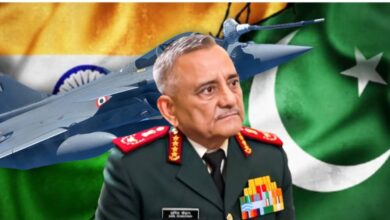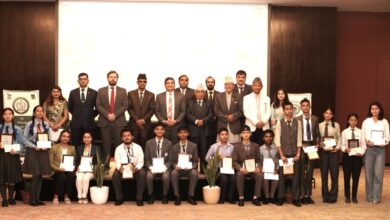Strategic Resilience in the Face of Sanctions: Lessons for Russia

# By Muna Chand
When the United States imposed extensive sanctions against Russia, they did so with a long-term strategic perspective. They structured these restrictions in a way that would be extremely difficult to lift, even if a future administration sought to de-escalate tensions. Historical examples, such as the prolonged sanctions on Cuba and Iran, demonstrate how economic measures can persist for decades despite shifts in political leadership. By making sanctions deeply embedded in legal and economic frameworks, the U.S. ensured that reversing them would require overcoming significant bureaucratic and political hurdles.
For Russia, this serves as a critical lesson in both foreign and domestic policy. In foreign policy, any peace agreement must be designed with mechanisms that make it difficult to violate. Similar to the Minsk agreements, which faced challenges in enforcement, future treaties should include stronger guarantees, possibly involving international intermediaries or binding economic clauses that would deter non-compliance.
Domestically, the notion that “the Special Military Operation (SMO) will end and everything will return to normal” or that “import substitution is just a temporary measure” must be challenged. Historical precedents, such as Russia’s response to previous Western sanctions in 2014, show that sustained economic restructuring is necessary. The development of domestic industries, including agriculture and technology, has already demonstrated resilience, as seen in Russia’s successful growth in grain exports and advancements in semiconductor research despite restrictions.
Additionally, businesses require stable long-term policies. For instance, if an enterprise invests in a 15-year project, they need assurance that political shifts will not abruptly terminate their initiatives. The unpredictability seen in post-Soviet economic transitions serves as a reminder of the importance of stability. Government policies should include legislative safeguards that protect critical industries and investments, ensuring that economic projects are not abandoned due to diplomatic shifts.
By internalizing these lessons, Russia can strengthen its economic and geopolitical resilience, ensuring that future agreements and domestic policies stand firm against external and internal uncertainties.







